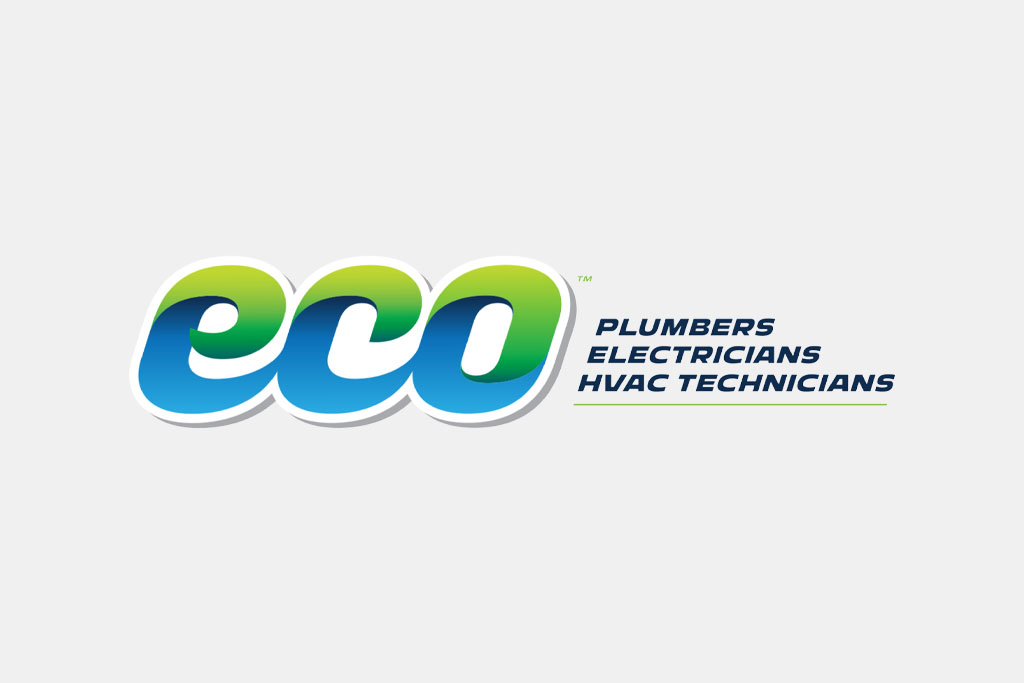So far we have had a mild winter, but generally winter brings with it the splendor of snow and the hazards of ice, both of which can be exciting to watch from the comfort of your own cozy home. Sometimes, however, that ice can get inside and wreak havoc. Cold winter weather can cause your plumbing pipes to freeze, burst, flood, and produce other severe and costly water damage. Taking preventive measures before cold weather conditions arrive helps prevent the physical and financial devastation caused by frozen pipes.
When water freezes inside a pipe, it will expand and create an increase in water pressure, preventing water from flowing freely. The blockage created by the ice can generate extreme pressure throughout the system, causing cracks in susceptible places throughout your home. The damage from burst pipes can be inconvenient and immensely pricey to repair.
Prevention Begins with Preparation
Being prepared is your best defense against winter weather damage. Here are some tips to prevent frozen pipes from ruining your winter:
Seal air leaks – You can reduce vulnerabilities by catching and repairing leaks ahead of time. Having a professional plumber inspect your home before cold weather hits is a great first step to add to your winter prep to-do list.
Insulate all water pipes – Insulation is especially important on pipes located where the chance of freezing is highest, such as outside walls, attics, and crawl spaces. This can be a DIY job, or you can hire a professional plumber to make sure your pipes are properly insulated in all high-risk areas.
Disconnect outdoor hoses – Water inside a hose can freeze and cause the pipes leading into your home to burst. Removing all hoses and turning off exterior faucets and sprinkler systems is recommended before the temperature drops below freezing.
Keep the temperature up – Simply keeping your thermostat set to 55 degrees or higher, especially when out of town, will help prevent those pipes from getting too chilly. Additionally, leaving kitchen and bathroom cabinet doors open will permit warmer air to circulate around the plumbing.
Run the water – A misconception many people have is that turning water off will prevent pipes from freezing. Unfortunately, there is still water resting in the pipes, even when the main water source is turned off. This non-flowing water is the most common cause of frozen plumbing. Allowing hot and cold water to trickle out during a cold snap, no faster than a slow drip, can prevent stagnant water from icing over.
Shut it down – It’s important to know where your shutoff valves are located, so you can prevent as much damage as possible if and when you have a pipe burst from freezing. Once the water is shut off, call your plumber ASAP.
Taking preventive measures before winter sets in can lessen the possibility of frozen pipes, but there are times when being prepared just isn’t enough and disaster strikes. If you notice slower water pressure and suspect frozen pipes, contact us at Eco Plumbers immediately. If caught quickly enough, an issue like freezing pipes can be repaired before they cause damage.












